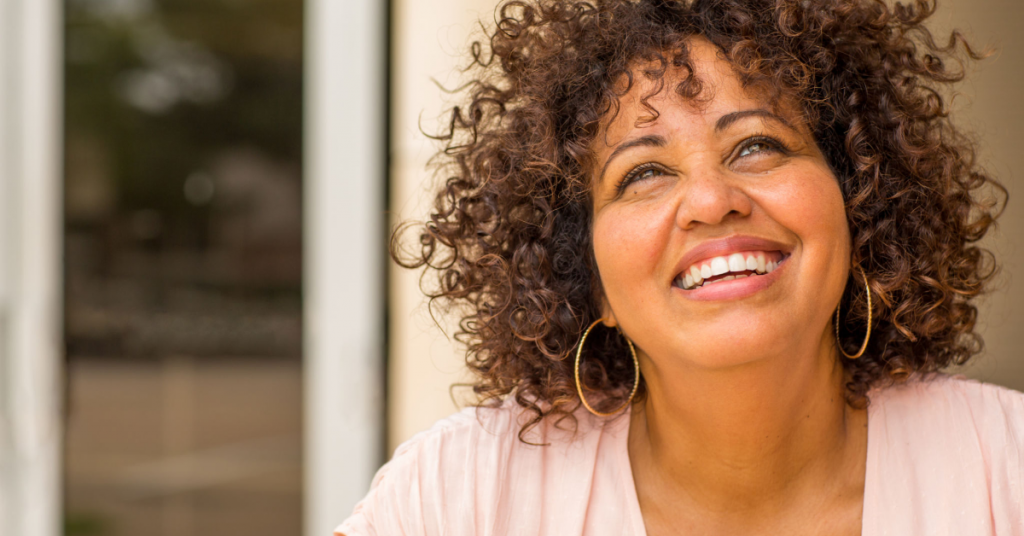In most people, cancer occurs by chance. However, a small number of people who develop breast cancer have inherited a harmful variant (change) in a breast cancer susceptibility gene. Individuals with a harmful variant have an increased risk of developing breast cancer. It’s important to know and understand your risk for the BRCA gene mutation. If you have any of the risk factors, speak with us about genetic testing.

Breast cancer multiple-gene panel test
Our test includes genes associated with hereditary breast cancer: BRCA1, BRCA2, PALB2,CHEK2, ATM, RAD51C and RAD51D. Individuals with a harmful variant in one of these genes have an increased risk of developing breast cancer compared to the average person. A harmful variant may also increase the risk of other types of cancer, for example, ovarian cancer. The risk of breast cancer and other cancers differs with each gene.
What are BRCA mutations?
Things don’t always go as planned inside your cells. Sometimes, cells grow too fast or DNA becomes damaged. Certain proteins — called tumour suppressor proteins — step in when these things happen and address the problem by slowing cell growth, repairing damaged DNA, and even directing some damaged cells to stop working altogether.
BRCA1 and BRCA2 are genes that code for tumour suppressor proteins. BRCA gene mutations may cause the body to build or fold these proteins incorrectly. This prevents them from doing their jobs. Cancer can be caused by cells that grow out of control or damaged DNA. The cancers most associated with BRCA mutations are breast cancer and ovarian cancer. BRCA mutations are uncommon, but they may be inherited. The risk of having a BRCA mutation is linked to your family history.
You receive two copies of each of your genes — one from each biological parent. If one of your parents carried a BRCA mutation, you have a 50 percent chance of having that mutation yourself. If you have a family member with a known BRCA mutation or if you meet the screening recommendations, you can take a genetic test to check for BRCA mutations.
What are the benefits?
It’s important to know and understand your risk for the BRCA gene mutation or other genes associated with hereditary breast cancer. The test may give us information about why you could develop or develop breast cancer and about your risks of developing new cancers in the future. The information may also help your breast cancer team advise you on the best drugs and surgery to treat you in the best way possible. If we do find a harmful variant, this is also important information for your family.
Who should get tested?
To assess your risk factors for BRCA mutations, we use a screening tool to gather information about your personal history and family history. We may ask questions like:
- Have you or a close relative received a breast cancer diagnosis before age 50 or before menopause?
- Have you or a close relative had cancer in both breasts?
- Have you or a close relative had both breast and ovarian cancer?
- Are you or a close relative of a man who had breast cancer?
- Do you have Ashkenazi Jewish heritage?
- Do any of your relatives have a known BRCA mutation?
Can men be affected too?
Many of us are familiar with the BRCA1 and BRCA2 genes that, when mutated, are linked to an increased risk of breast cancer in women. But less often discussed is how BRCA gene mutations can affect men.
When a man carries a cancer susceptibility gene mutation, he has a higher risk of developing breast, prostate, and other cancers, as well as the same 50 percent chance of passing that mutation on to his children as women. Despite these facts, when people think of their family history of breast cancer, they tend to consider only their mother’s side of the family tree.
A man’s risk of getting breast cancer is exceedingly low—one in 1000, compared to one in eight for women. So, we don’t do routine breast cancer screening for men. But, for men who have a BRCA mutation, their chance of getting a breast cancer increases quite substantially, to as much as one in 20. It’s important to know and understand your risk for the BRCA gene mutation. If you have any of the risk factors, speak with us about genetic testing.
What if no harmful variants are found?
This is the most common result, which means it is unlikely that your breast cancer arose due to an inherited, harmful variant. It also means that you are not at a great risk of developing a new breast cancer in the future and your family members are unlikely to be at a greatly increased risk of developing breast cancer. If you do have a family history of cancer in addition to your own diagnosis, it makes sense for you to be tested.

